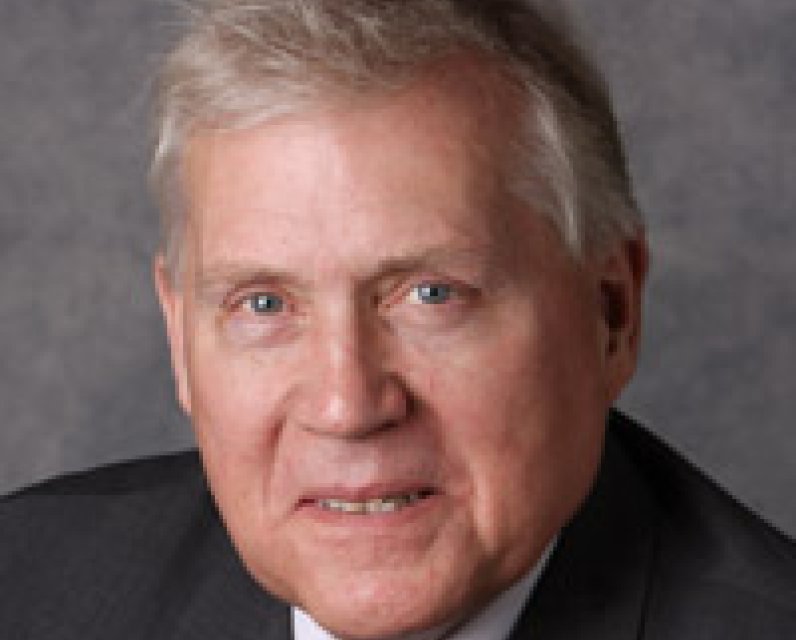Warning message
- Last import of users from Drupal Production environment ran more than 7 days ago. Import users by accessing /admin/config/live-importer/drupal-run
- Last import of nodes from Drupal Production environment ran more than 7 days ago. Import nodes by accessing /admin/config/live-importer/drupal-run
Unpublished Opinions
Lee earned his PhD in public policy at Carleton University in 1989. Previously, he was employed in financial services in the 1970s in Ottawa.
He has appeared multiple times before the House of Commons Finance and Senate Banking committees since 2007. He has been in every Government of Canada budget lockup since 2008. He attended pre-budget consultations with the Minister of Finance in 2009 and 2010 and attended the Finance Minister’s annual strategic retreat in 2011.
Lee authored a seminal article, “Pink slips and running shoes” on the Chretien-Martin downsizing of the public service in the 1996 How Ottawa Spends. He authored a similar piece on the Harper government downsizing of the public service in the 2013 How Ottawa Spends. He authored an article analyzing corporate income tax reductions and the 2011 federal election in 2012 How Ottawa Spends. He authored “Striking Out: The New Normal in Canadian Labour Relations?” in the Journal of Parliamentary and Political Law, June 2012“. His article reviewing the first five years of the PBO has been accepted for the 2014 edition of How Ottawa Spends.
Is inequality a problem worth fixing?

The University of Ottawa’s Miles Corak recently studied the possibility that increasing income inequality could be transmitted across generations. The analysis is questionable on a number of grounds. We will start with some data issues, and then proceed to more philosophical issues surrounding equality.
As discussed in our previous Globe article, conventional income measures don’t account for changes in the stock of wealth; Richard Burkhauser has shown that doing so erases most of the recent rise in U.S. inequality. Nor does more inequality mean some groups are worse off in absolute terms. It could be that lower and middle incomes increased less than for upper incomes, exactly what happened in Canada after 1998 (most of the data analyzed by Corak ends in 2000, missing how the next decade favoured blue collar workers in construction and resources).
The data come from surveys of individual disposable incomes. Emmanuel Saez, a leading expert on U.S. income trends, is emphatic that “Survey data cannot get at top incomes well because the surveys have too small samples of top earners to be reliable.” Yet the skewness at the top of U.S. incomes drives the narrative. Mr. Burkhauser also has shown that conclusions about income distribution are quite different for the family unit than the data for individuals that most researchers employ. This is important, since it is families that will determine how status is transferred across generations.
Even if income inequality for individuals had risen, there has not been enough time to assess the impact on the next generation. Extrapolating the mobility of previous generations is problematic, especially since today’s wealthy have demonstrated quite different attitudes to bequeathing. William Buffett is only the best known person to pledge their wealth to philanthropy.
More mobility among classes is assumed to be desirable. In practice, what would this imply? No one in the upper class wants their children to slide into a lower class. So advocating more mobility really means wanting a future where everyone rises to the upper class, the ultimate Lake Wobegone world where all the above-average children become above-average adults.
In Chrystia Freeland’s book Plutocrats, the portrayal of the rich shows they don’t come from privileged backgrounds, but earn their income from technical expertise. The wealthy depicted in Plutocrats work so hard, they rarely see their children, which helps explain why they spend to make up for their absence. Prof. Corak finds the top income quintile spend more to “enrich” their children (time will tell if this is a good substitute for parenting), but only counts private spending by parents, ignoring U.S. government programs like Head Start, universal preschool for kids from low and moderate income families, home visitation under the Affordable Care Act, and numerous other government and charitable programs.
Indeed, the portrayal of rising inequality and falling mobility in the U.S. can be interpreted as a damning criticism of the efficacy of these policies to help people escape low incomes. Given their demonstrated ineffectiveness, why would we want more public intervention? Do these policies create opportunity or dependence? The latter clearly undermines mobility, as shown by the failed 1960s experiment with welfare.
The analysis assumes intelligence best predicts education outcomes. Instead, research has shown that a child’s ‘self-regulation,’ or ability to control their behaviour, trumps everything in terms of school and lifetime outcomes. How will the state control this without dictating how to raise families and instill values in children?
Our society recognizes some inequality is not just acceptable, but is fundamental to economic growth. No one knows the ideal distribution of income or the proper amount of intergenerational social mobility. Nevertheless, redistributionists advocate government should correct the ‘problem,’ but don’t specify how much redistribution they want, nor admit there are limits to what government can achieve.
For example, a child born into poverty hears 30 million fewer words by the age of three, which impacts intelligence. Government programs can narrow this gap, but cannot eliminate it without sitting next to each child and counting the words, the ultimate “Nanny state”. Everyone wants the best for children, but what is best is unknown, and our best guess changes over time. Scientists once insisted that formula milk was superior for infants. Today, it is 30 million words and early education. Tomorrow, who knows?
Saying you object to the current income distribution means rejecting the expressed outcome of countless individual preferences — if people buy the products developed by Apple, what right does the state have to interfere? More income redistribution inevitably dampens economic growth in a society like Canada’s. Advocates of more government intervention must spell out all these costs, and demonstrate they are exceeded by the benefits from more equality.
By PHILIP CROSS & IAN LEE
Philip Cross is research co-ordinator at the Macdonald-Laurier Institute and the former chief economic analyst at Statistics Canada. Ian Lee is assistant professor, Sprott School of Business, Carleton University



Comments
Be the first to comment